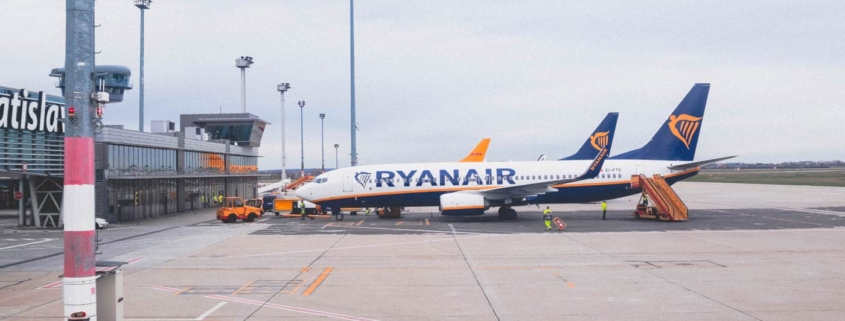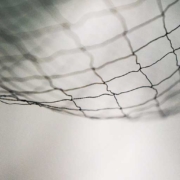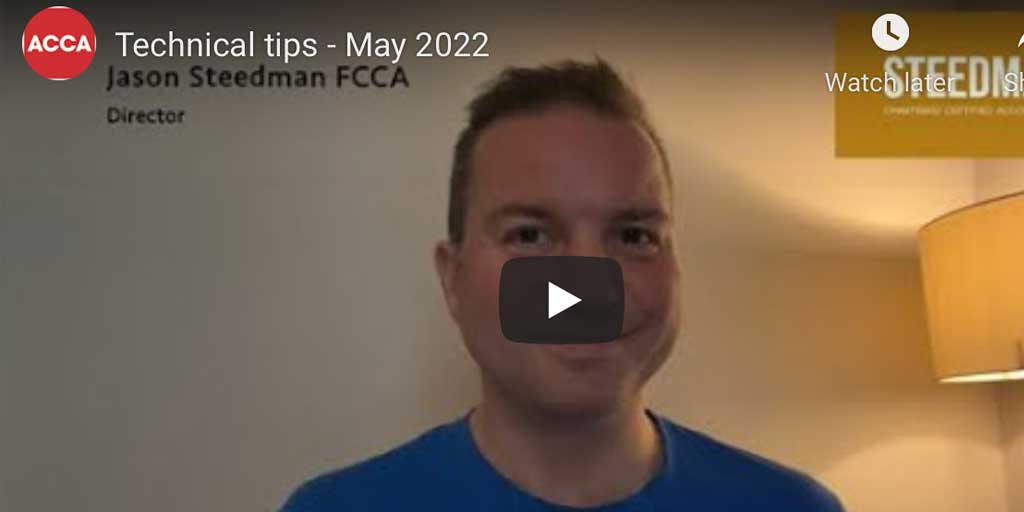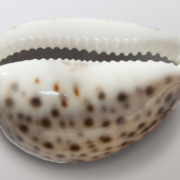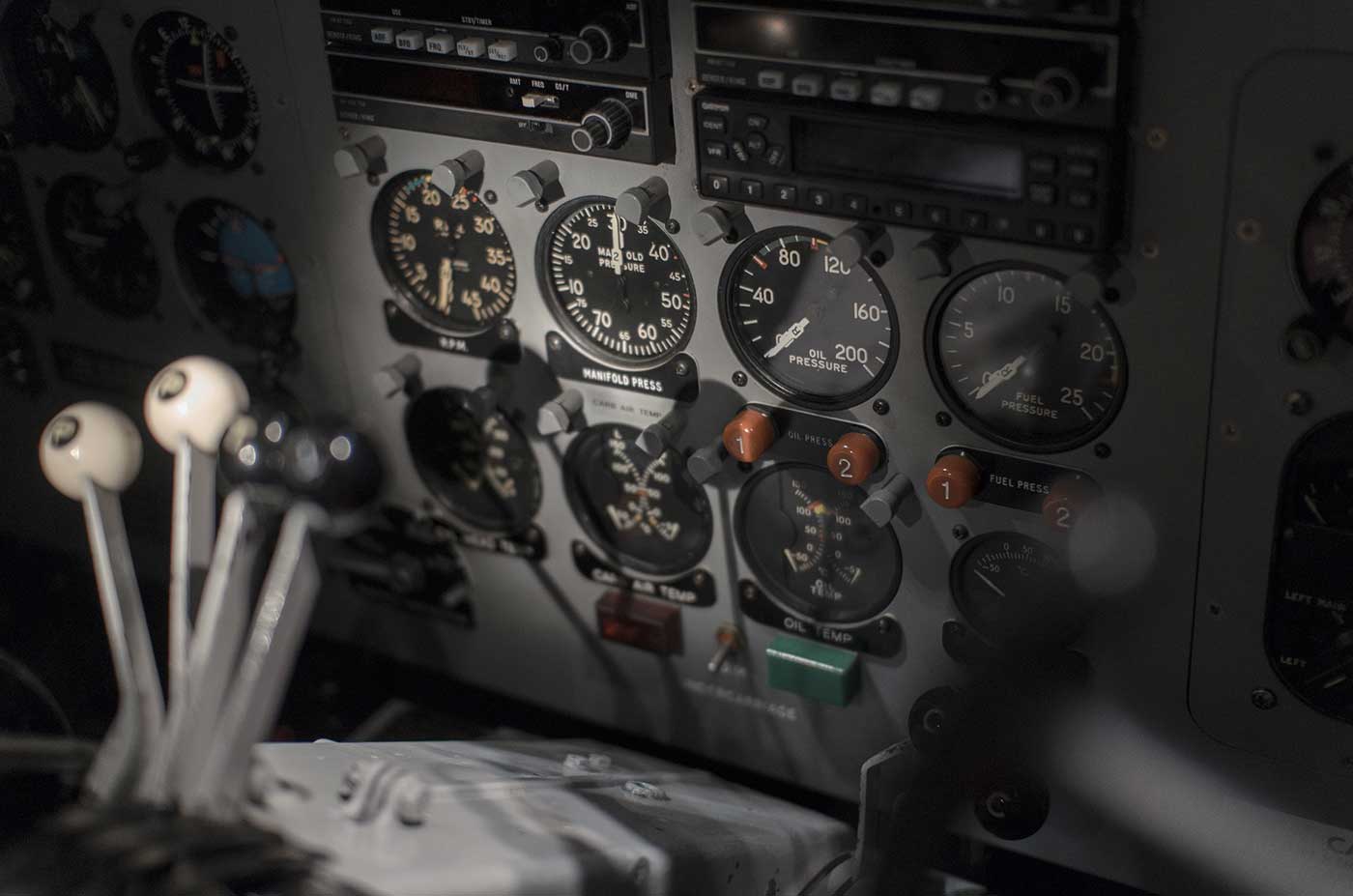UK Tax Loan Scheme for Pilots Still Up in the Air
Following on from my article on Ryanair and the pilots loan schemes the chairman of the All Party Parliamentary Loan Charge group Jim Harra, has now told campaigners that “tax officials were breaking the rule of law” in sending out tax demands for alleged unpaid tax on payments made under the guise of “loan schemes”.
50,000 people are thought to have been caught up in the scandal of having been sold tax avoidance schemes by which contractors and airline pilots (particularly those working for Ryanair) were paid part of their salary in the form of a non- repayable loan.
HMRC’s deputy chief executive has now said that they may not be able to force some of those hit by the controversial loan charge to pay up, However those most likely to escape are only those who made entries on their tax returns showing the exact details of the avoidance scheme.
Through not having challenged these entries the Revenue may now be ‘out of time’ and unable to prove in court that tax should have been paid at the point in time that the loan payments were paid and an entry referring to such a payment made on the person’s individual tax return.
In the Times article of February 17 headed “Ryanair pilots fly into £3.2 bn tax storm” details of the loan charge scheme emerged, introduced by HMRC, and covering those caught up in the scheme, including agency workers, government contractors, IT workers, doctors, nurses and airline pilots.
As the all party group wages war on the government’s own Treasury it does look like there will be legal challenges to tax demands issued to hundreds if not thousands of UK tax residents.
Two of those cases that I have personally come across involved HMRC ‘s Counter Avoidance office and are summarised below.
CASE A
The letters are headed:
“Check of Self Assessment Tax Return for the year—–“
The first paragraph acknowledges receipt of their tax return but explains that “HMRC will be checking your Return under Section 9a of the Taxes Management Act 1970.” It goes on to state “I apologise for any distress or concern that our letters have caused”.
The next paragraph of the letter is headed:
“What I will be checking?”
and goes on to state that “I intend to look at your income and any loan arrangements that you were party to in the year. However, when I look into this aspect I may find that I need to extend my check and if this happens I will let you know”.
The third paragraph of the letter is headed:
“What you need to do now”
and explicitly states “To help me with my check please let me have the total figure of the loans, advances, or overdrawn capital account payments or anything similar that you have had in the year”.
As well as this approach I have seen instances of more direct action where tax assessments are made under the “Discovery powers” of Section 29 of the Taxes Management Act 1970.
CASE B
A nurse simply received a letter on 20th March 2018 stating that “Counter Avoidance are reviewing your tax returns for years ended 5th April 2013 and 5th April 2014 and again goes on the explain that “HMRC considers that you have participated in a tax avoidance scheme” etc etc.
In this case the nurse refuted the allegations and took part in an exchange of emails (not usually a good idea). Then, a few months later she received tax assessments for £43,719 for 2012/13 and a similar amount for 2013/14.
The initial challenge letter had been received on 20th March 2018 some 5 complete tax years later than the date on which her 2012/13 and 2013/14 tax returns had been filed.
The All Party group headed up by Jim Harra will perhaps find that many of the pilots and health care workers made absolutely no entries regarding the avoidance schemes on their tax returns. In those cases I think it is unlikely that appeals against tax assessments will succeed.
On the other hand people who did draw attention to their subterfuge by making a “covering white box entry” on their returns will have a very good chance of escaping this and should appeal against any assessments that they receive.
- HMRC Investigate Fraudulent Job Retention Scheme Claims - June 17, 2020
- Worldwide Disclosure – HMRC and Living Overseas - May 21, 2019
- UK Tax Loan Scheme for Pilots Still Up in the Air - March 20, 2019
Ricky worked as an Investigator in the Inland Revenue for over 20 years before founding Steedman & Company in 1987, giving him the experience and knowledge that enabled him to help so many clients over the years.
His appearance on a Channel 4 television programme about the inside workings of Revenue and Customs was watched by 4.1m which sealed his status as one of the most highly respected tax consultants to ever work in Scotland.
Ricky led all tax investigation and COP 9 cases, using his extensive knowledge to help people reach a positive resolution to their situation.
Ricky passed away suddenly and unexpectedly in June 2022 after leaving his indelible mark on the company he founded and headed for over 35 years.
